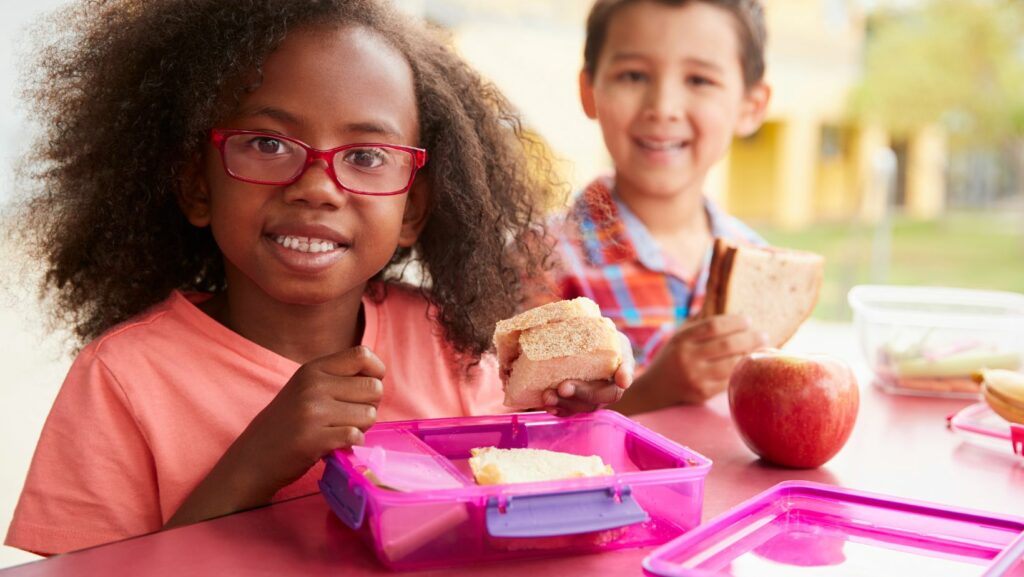Imagine a world where your child not only helps out in the kitchen but also whips up gourmet meals! Welcome to the realm of kids’ cooking schools, where your little ones transform into mini master chefs. They’re not just learning to make a sandwich; they’re mastering culinary skills that’ll serve them for a lifetime.
Cooking schools for kids are more than just about food. They’re about empowering kids, boosting their confidence, and teaching them invaluable life skills. And who knows, you might just have a budding Gordon Ramsay or Julia Child in your midst!
So, let’s dive into the fascinating world of kids’ cooking schools, where young minds are stirred, and palates are educated. Get ready to explore the benefits, the curriculum, and the joy these schools bring to your child’s life and your kitchen.
Kids Cooking School
Kids cooking schools introduce a dynamic and fun way to engage kids with food. This trend is propelling globally, and children’s culinary workshops and programs abound in response.
Why Cooking Schools for Kids Are Gaining Popularity
 Kids cooking schools strike a unique balance between education and entertainment. They foster an interactive environment wherein children as young as three can engage with the culinary arts in meaningful ways. Furthermore, these platforms allow for budding chefs to experiment with their taste buds, learn about different ingredients, recognize their nutritional value, and garner an appreciation for diverse cuisines.
Kids cooking schools strike a unique balance between education and entertainment. They foster an interactive environment wherein children as young as three can engage with the culinary arts in meaningful ways. Furthermore, these platforms allow for budding chefs to experiment with their taste buds, learn about different ingredients, recognize their nutritional value, and garner an appreciation for diverse cuisines.
For instance, in 2019 alone, the US saw a 15% spike in kids cooking classes, indicating a fast-paced shift towards this rising trend. Statistically, parental interest in their children’s diet and eagerness to develop their culinary skills drove this increase, marking a significant contribution to the popularity of kids cooking schools.
Benefits of Culinary Education for Young Minds
Firstly, kids cooking classes exert a major influence on the children’s decision-making abilities. Through cooking, they learn about responsibility, planning, and the consequences of their actions. As they follow a recipe to create a finished dish, children gain practical experience in problem-solving and may even discover a passion for culinary arts.
For example, San Francisco-based nonprofit Sprouts Cooking Club reported an 80% increase in their students’ confidence and their willingness to try new foods after their culinary programs. This data substantiates the transformative effect of these cooking programs on children’s minds.
Secondly, these classes serve a dual purpose of introducing kids to varied food cultures – an education that extends beyond standardized textbooks and digital media. From baking traditional Italian pizzas to preparing authentic Thai curries – children grow more curious about different food cultures, thereby developing a broad-minded approach towards diversity.
Lastly, culinary education encourages healthy eating habits. A 2018 study published in the Journal of Nutrition Education and Behavior found that when children engage in hands-on cooking, they’re more likely to choose healthier foods. This simple, yet crucial takeaway, can lead to lifelong wellness.
The potent combination of fun learning paired with the acquisition of essential life skills explains the burgeoning popularity of kids cooking schools. Their benefits extend far beyond improved culinary skills, shaping well-rounded individuals ready to conquer the kitchen and beyond.
Essential Features of a Kids Cooking School

A kids cooking school, rich in its unique elements and benefits, presents specific features that make it stand out from conventional teaching methods. Noteworthy characteristics include curriculums suited for different age groups and safety measures and the use of kid-friendly equipment.
The potent combination of fun learning paired with the acquisition of essential life skills explains the burgeoning popularity of kids cooking schools. Their benefits extend far beyond improved culinary skills, shaping well-rounded individuals ready to conquer the kitchen and beyond.
Adapting the curriculum according to the age and ability of children takes central stage in making a kids cooking school effective. It’s vital to make content relatable, simple and engaging. Young learners, typically between the ages of 3 and 6, start with fundamental concepts such as recognizing fruits and vegetables, or mixing ingredients. As they progress to older age categories, between 7 and 10, they begin experimenting with recipes, knife skills, and even the science behind cooking.

